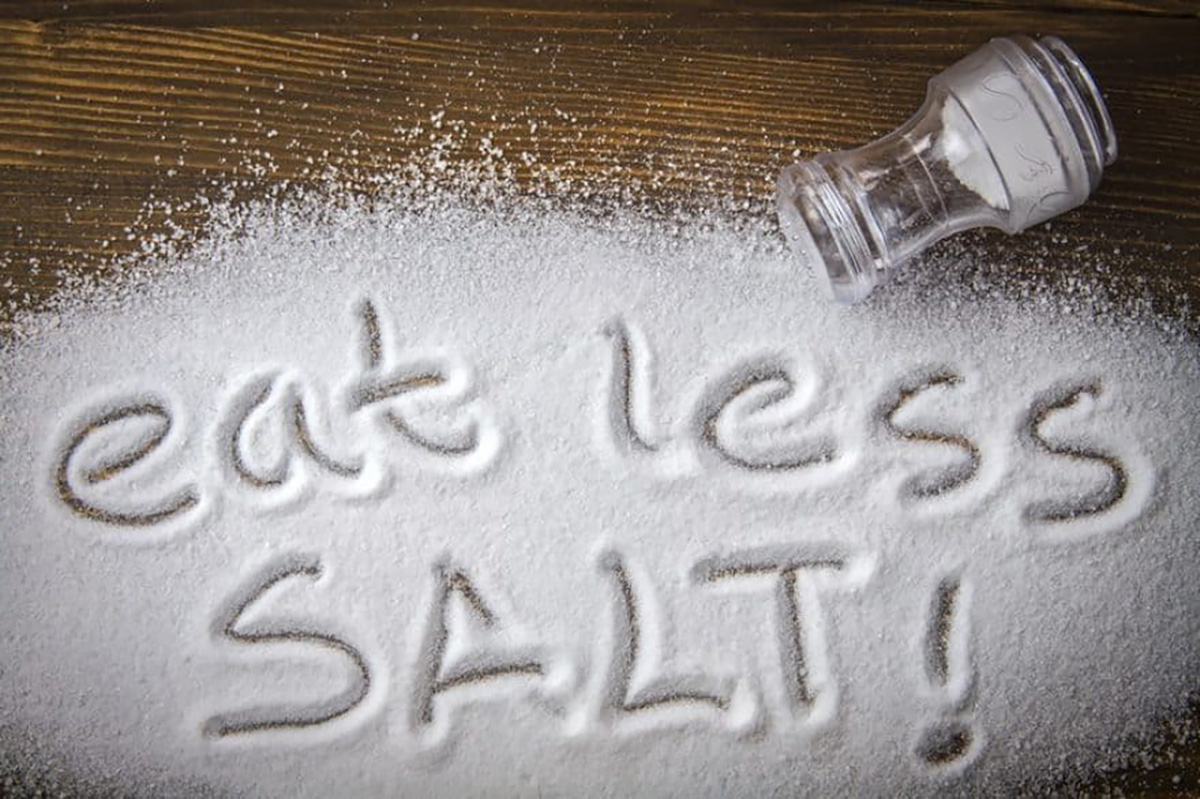Do you know what to do to protect the kidneys?
The kidney is one of the indispensable and important organs in the human body.The kidneys are located on both sides of the spine, one on the left and one on the right.The shape of the kidney is like a broad bean.Each kidney weighs 120 to 150 grams and is 10 to 12 centimeters long, which is slightly longer than our fists.
The workload of the kidneys is very large
Everyone knows that the kidneys are the excretory organs of the human body.The body produces a variety of metabolic products during metabolism, which are excreted by the kidneys to keep the body from accumulating toxins.
In fact, the kidneys still have many physiological functions.The kidneys are responsible for expelling excess water from the body and regulating acid-base balance. They are another organ that maintains the body's acid-base balance in addition to the respiratory system.
In addition, the kidneys also have endocrine functions, secreting renin, prostaglandins and other hormones that regulate blood pressure; secreting erythropoietin to stimulate bone marrow hematopoietic; secreting active vitamin D3 to regulate blood calcium and blood phosphorus balance.Therefore, kidney damage can lead to dysfunction of excretion ability. In addition to not being able to fully eliminate toxins from the body, it can also affect water excretion and produce edema.
Once the kidneys are damaged, it will affect acid-base metabolism and produce acidosis.Endocrine disorders in the kidneys can lead to high blood pressure, as well as abnormalities in calcium, phosphorus, potassium and other ions.The kidneys perform such an important function and require our special attention.
The kidneys are silent organs
When the kidneys are sick, the early symptoms are usually not obvious, unlike pain when the heart is sick, and coughing when the lungs are sick.Because the kidney is a silent organ, relying on symptoms to judge kidney disease is neither reliable nor accurate.Examination is an important means to understand whether there is kidney disease. Not seeing a doctor without symptoms will delay the diagnosis and treatment of kidney disease.
The method of screening for kidney health is not complicated.You can test your blood and urine to understand your kidney condition.Blood creatinine is detected by blood drawing, and then the estimated glomerular filtration rate is obtained according to the calculation formula. It is currently the most commonly used method for evaluating renal function.Cystatin C in the blood test item, also known as cysteine protease inhibitor C, is an endogenous marker that reflects changes in glomerular filtration rate, and it is also an indicator of renal function.
Urine examination is an important means to detect kidney disease. Abnormalities in urine indicators such as urine protein, urine red blood cells, urine white blood cells, and urine sugar can be found.In addition, kidney B ultrasound examination is also essential and can be used to understand changes in kidney structure.
Kidney care is a top priority
Moisture is essential for the kidneys.After adequate drinking water, the scouring of urine on the urinary tract can effectively prevent urinary system infections and stones.
Plain water is a good partner for the kidneys, while sugary drinks such as cola and fruit juice may increase the burden on the kidneys and are not recommended for drinking.It is advisable to drink a small amount of water multiple times.
Extreme water shortage, such as heavy sweating and diarrhea, if not replenished in time, may lead to acute kidney damage.
You should urinate in time when you feel like urinating. Holding back urine will increase the risk of urinary system infection.
The diet is mainly light, and the intake of sodium and salt is reduced
Quitting bad habits such as smoking and drinking, and avoiding drug abuse are all essential measures to protect the kidneys.
Regular inspection
People with normal kidneys undergo a comprehensive kidney examination at least once a year in order to detect kidney lesions in time.
Actively treat basic diseases
Some diseases are particularly prone to damage to the kidneys, leading to secondary kidney disease, such as diabetes, hypertension, obesity, autoimmune diseases, etc.
Active treatment of these diseases is the most important means to prevent kidney involvement, and blood pressure is up to standard, blood sugar is stable, weight is appropriate, and disease control can effectively reduce the occurrence of kidney disease.
People with these diseases should monitor kidney indicators more closely and frequently, and once early signs of kidney injury are found, they should intervene and treat them early.






Comments
Post a Comment